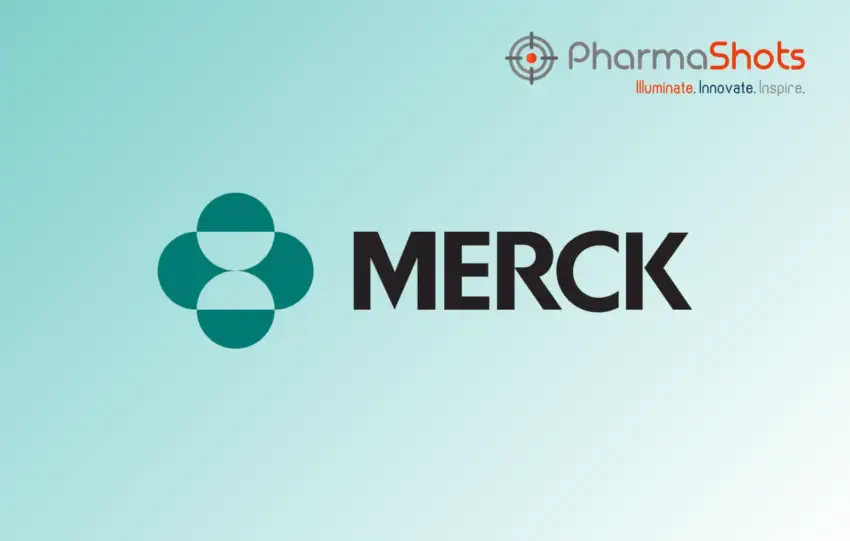CSPC Pharmaceutical Collaborates with Radiance Biopharma to Develop and Commercialize RB-164 (SYS6005) as an Anti-Cancer Therapy
Shots:
- CSPC has granted Radiance exclusive rights to develop & market RB-164 in the US, Canada, EU, UK, Switzerland, Norway, Iceland, Liechtenstein, Albania, Montenegro, North Macedonia, Serbia, & Australia, while retaining rights to other markets
- As per the deal, CSPC will get $15M upfront, ~$150M in development & regulatory milestones and ~$1B in commercial milestones, plus net sales-based tiered royalties. Both companies will jointly file an IND with the US FDA, while Radiance will lead clinical development in its licensed regions
- RB-164 is being assessed in P-I dose-escalation trial for advanced liquid & solid tumors by CSPC in China, following IND clearance by the NMPA
Ref: Globenewswire | Image: CSPC & Radiance
Related News:- BeiGene and CSPC Pharmaceutical Collaborate to Develop SYH2039 for Solid Tumors
PharmaShots! Your go-to media platform for customized news ranging for multiple indications. For more information connect with us at connect@pharmashots.com



